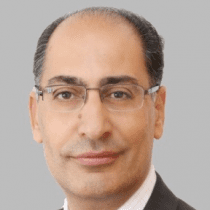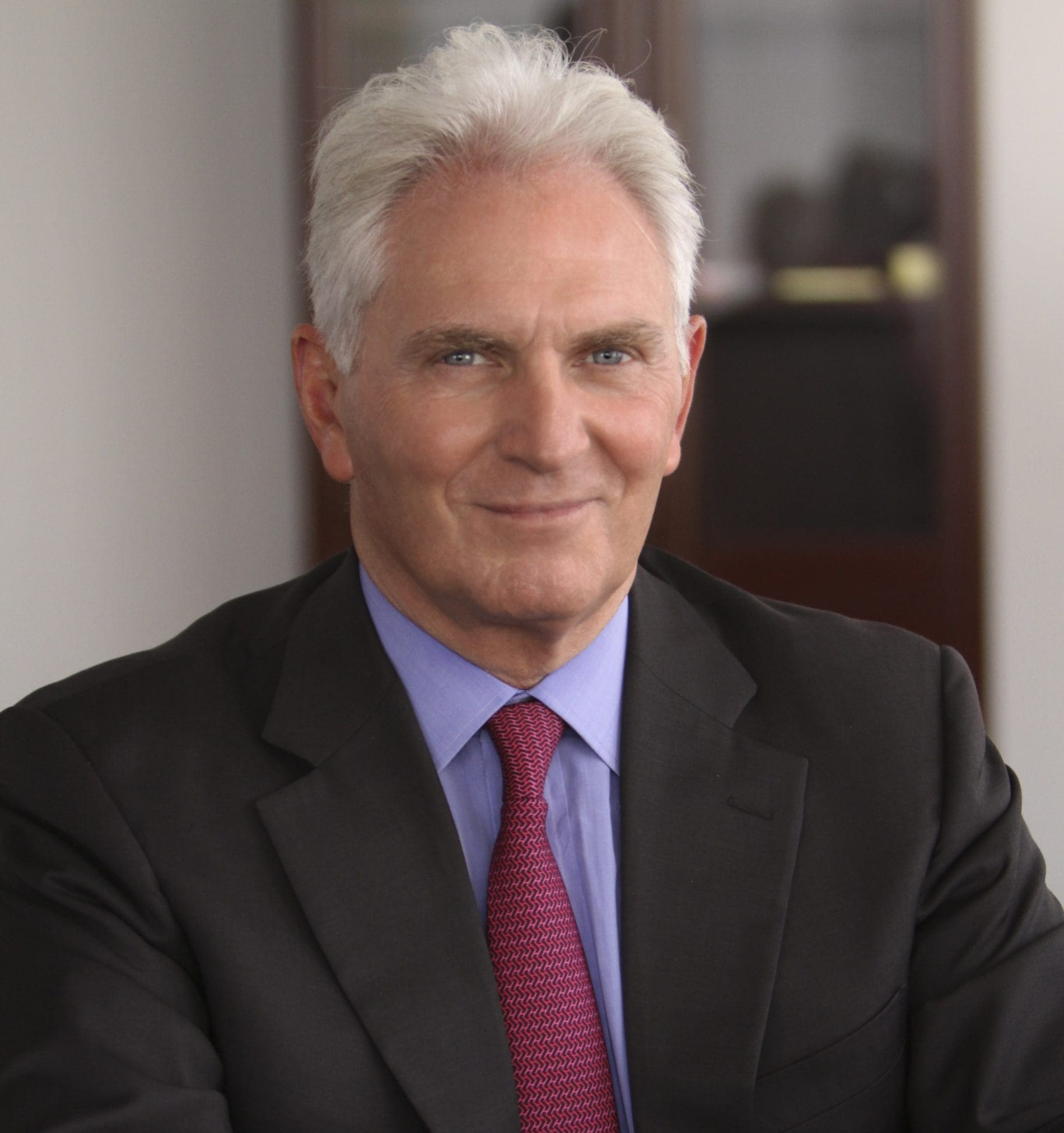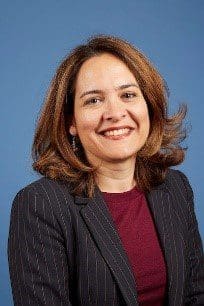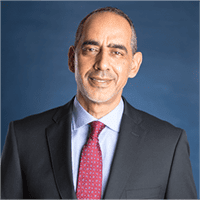A Pending Crisis?
Global Economic Slowdown in the MENA Region
September 5, 2023
Summary
The Middle East Council on Global Affairs (ME Council) hosted a webinar on September 5, 2023, to discuss the implications of the projected global economic slowdown on the region and deliberate policies that can be implemented to mitigate its impacts. The webinar was moderated by Tarik Yousef, senior fellow and director of the ME Council. The panelists included Alia Moubayed, managing director of EMEA Economics & Strategy at Jefferies International; Ibrahim Saif, CEO of the Jordanian Strategy Forum and former Jordanian minister; and Nasser Saidi, president of Nasser Saidi & Associates and former Vice Governor of the Lebanese Central Bank.
Yousef began the discussion by posing a question to Moubayed regarding the drivers of the downward trend in the economic outlook for the Middle East and North Africa (MENA) region and the risks anticipated in the last quarter of 2023. Moubayed responded by outlining five factors that will shape the economic outlook for the region in the future. Firstly, the economic slowdown in China will impact the nature of oil demand. Secondly, the global slowdown is accompanied by countries still running “too hot”—particularly the U.S., where tightening monetary conditions will continue to create an inflationary environment, with higher interest rates and a difficult borrowing environment. The third factor is a reduced appetite for structural reform, which poses a significant hurdle to the improvement of economic outcomes. Fourthly, global supply chain disruptions are threatening the supply of grains and putting pressures on commodities in the oil market. The final factor is the policies of wealthy, oil-producing countries towards regional support and lending. Ultimately, Moubayed concluded, the combination of these factors has created a hostile economic environment in the region, with high borrowing costs that create sustainability challenges, rising job instability, unemployment, and resistance to reforms to promote growth.
Yousef then turned to Saidi, asking how the current regional economic outlook of high inflation, declining growth, and instability can be placed within the larger historical context, and what the primary risks are that financial institutions, especially highly indebted regions, could face in 2024? Saidi responded that there are similarities between present conditions and those in the 1970s and 1980s, where high inflation and high interest rates spurred an economic downturn. He noted that the exchange rate regimes are also similar. Many countries in the MENA region have their currencies pegged to the U.S dollar, creating relatively high debt burdens. Saidi also commented on the urgency of tackling the fragmentation of the global economy, which has been exacerbated by the Russia-Ukraine war. The war has resulted in higher interest rates from the European Central Bank, with consequences for trade and investment relations between North African countries and Europe. To address these issues, Saidi suggested that countries move towards flexible interest rates, rethink the size of the public sector, and make commercial assets more efficient. Saidi concluded by highlighting climate change as the most significant issue facing the region, especially as it compounds desertification, water stress, and migration crises. Saidi emphasized that the move to renewable energy will have long-term implications for oil prices. Countries will need to focus on digitalization to increase efficiency in e-commerce. Moreover, he encouraged shifting trade relations from Europe and other former colonial powers to Asian countries, especially China.
The conversation then turned to the state of the development agenda in the region. Ibrahim Saif explained that states are not taking measures to address the challenges that are disproportionately affecting the lower and middle classes. Regional governments’ responses to this pending crisis have been very limited, as they prioritize regime stability, and there is limited fiscal space to maneuver and improve the efficiency of managing public sector wealth and public expenditures in many countries. Another major issue is a lack of trust between citizens and political institutions, which undermines the efficacy of policy and reform efforts. He argued that there must also be reform in the private sector, as analysis from five different countries in the region showed that markets are concentrated in a quasi-monopoly fashion, where a few players account for over 80% of production.
Yousef followed up with a question to Moubayed about other indicators to watch that might signal a prolonged, negative economic conditions. Moubayed underlined the importance of differentiating between regional countries’ resource constraints and capacities. While banks in GCC countries are well-positioned, a slowdown is being noticed in credit to the private sector in many of these economies, because a large part of the portfolio of the banking sector assets is tilted towards mortgage financing, which limits the capacity of citizens to pay back loans in an environment of high interest rates. The role of fiscal policy in an environment of high interest rates becomes even more important to dampen the contractionary impacts of the supply of credit to the private sector, especially within the GCC.
Subsequently, Yousef raised the issue of ongoing fragmentation within the international system. Some countries in the region have recently been invited to join the BRICS group and made commitments towards increased integrated trade outside the region. How can calls for regional integration be reconciled with this ongoing fragmentation? Saidi explained that while there is greater integration within the region, many countries are not expanding out to the global sphere. In North Africa, nations are collaborating more with the GCC but have still not integrated into global supply chains. In contrast, the GCC has been more active in integrating itself into the global markets, encouraging other Arab states to trade with the GCC as a bridge to the rest of the world. Adding to the discussion of integration into the international system, Saif asserted that there is significant resistance from those who benefit from the current status quo. Nevertheless, in his view, the private sector does have the capacity to be more integrated and competitive. While old firms are often unwilling to change, newer firms are more likely to adapt.
In the question and answer session, Moubayed responded that there is no monolithic Middle East, especially since there has been pushback from the GCC to assist other, struggling economies in the wider region. Saidi added that policy vehicles that allow the Arab states to be more integrated with the GCC, and therefore the rest of the world, are vital. Saif concluded the discussion by noting that many states intend to increase trade, such as Jordan planning to electricity cooperation with Lebanon and Iraq, but there are structural and fiscal issues preventing this from accelerating in many cases.
Speakers

Ibrahim Saif
Senior Fellow, Jordan Strategy Forum (JSF)

Nasser Saidi
President, Nasser Saidi & Associates; Chairman Saif Al Ghurair Group


